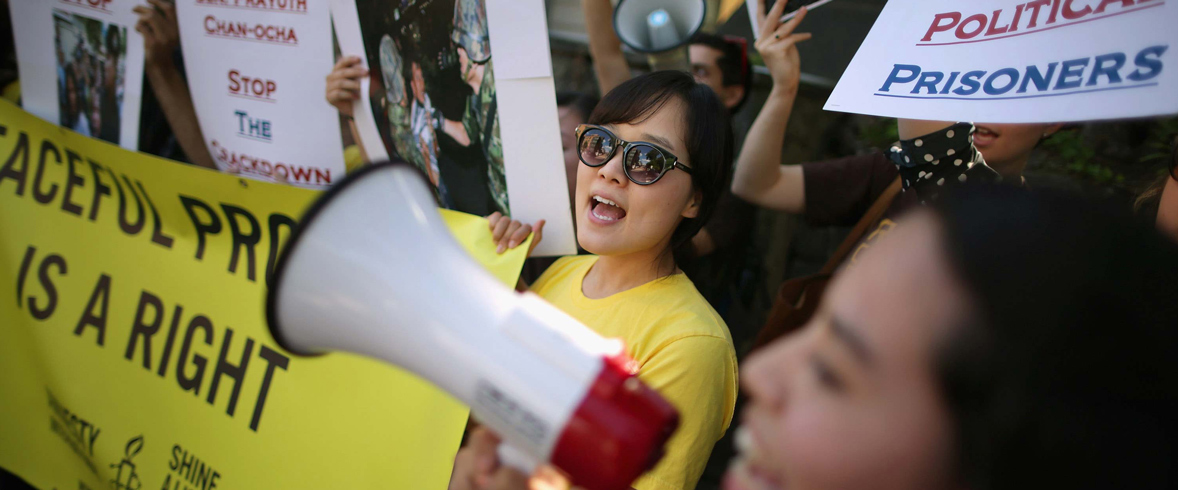Kurdish Tv Blames Turkish Police For Three Blasts
Roj TV, Copenhagen
23 Nov 05
A second Semdinli [reference to bomb blast on 9 November which some
have blamed on the security forces] incident occurred in Sirnak's
Silopi District today. Once again, the perpetrators of the recent
spate of explosions in this district turned out to be state forces.
The Firat News Agency reports that the Silopi explosions were carried
out by JITEM [alleged intelligence unit within the Gendarmerie].
The blasts in Silopi began on 11 November, when the official vehicle of
the chief public prosecutor was bombed and they continued with blasts
at the district security directorate and at a clothing store. The
perpetrators of these blasts have been identified. They are members
of JITEM, a body that includes army personnel, confessors and village
guards.
Following the confession of a village guard who was caught throwing
a hand grenade at the Silopi security directorate two days ago [21
November], the investigation revealed that JITEM carried out the
three explosions in the district in 10 days.
Sabri Binzat, Mehmet Ozkan, C.D., C.B., D.A., and A.K. who are
linked to JITEM were detained. In their statements, they assumed
responsibility for the said explosions. It is reported that Sabri
Binzat and Mehmet Ozkan are village guards, and that a person whose
name has not been revealed was a confessor. A media ban has reportedly
been placed on the investigation.
Roj TV, Copenhagen
23 Nov 05
A second Semdinli [reference to bomb blast on 9 November which some
have blamed on the security forces] incident occurred in Sirnak's
Silopi District today. Once again, the perpetrators of the recent
spate of explosions in this district turned out to be state forces.
The Firat News Agency reports that the Silopi explosions were carried
out by JITEM [alleged intelligence unit within the Gendarmerie].
The blasts in Silopi began on 11 November, when the official vehicle of
the chief public prosecutor was bombed and they continued with blasts
at the district security directorate and at a clothing store. The
perpetrators of these blasts have been identified. They are members
of JITEM, a body that includes army personnel, confessors and village
guards.
Following the confession of a village guard who was caught throwing
a hand grenade at the Silopi security directorate two days ago [21
November], the investigation revealed that JITEM carried out the
three explosions in the district in 10 days.
Sabri Binzat, Mehmet Ozkan, C.D., C.B., D.A., and A.K. who are
linked to JITEM were detained. In their statements, they assumed
responsibility for the said explosions. It is reported that Sabri
Binzat and Mehmet Ozkan are village guards, and that a person whose
name has not been revealed was a confessor. A media ban has reportedly
been placed on the investigation.




Comment